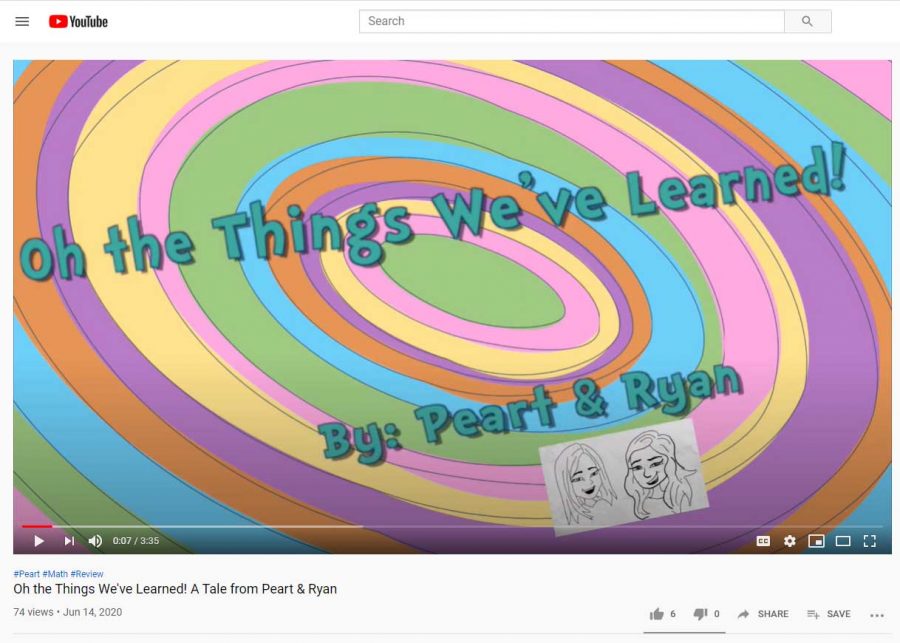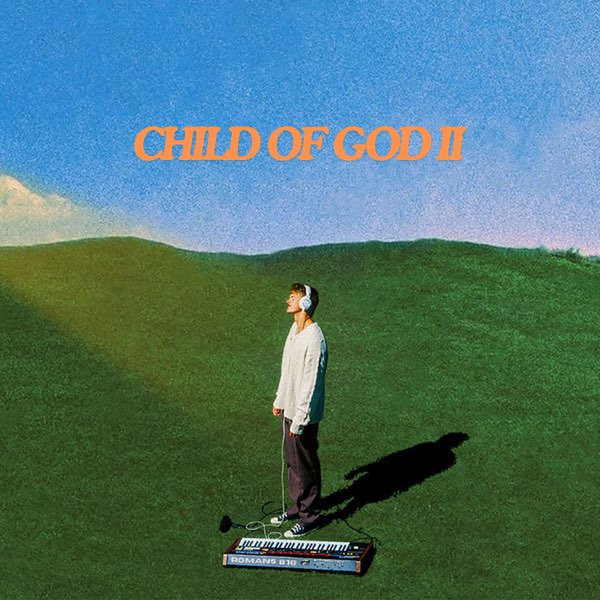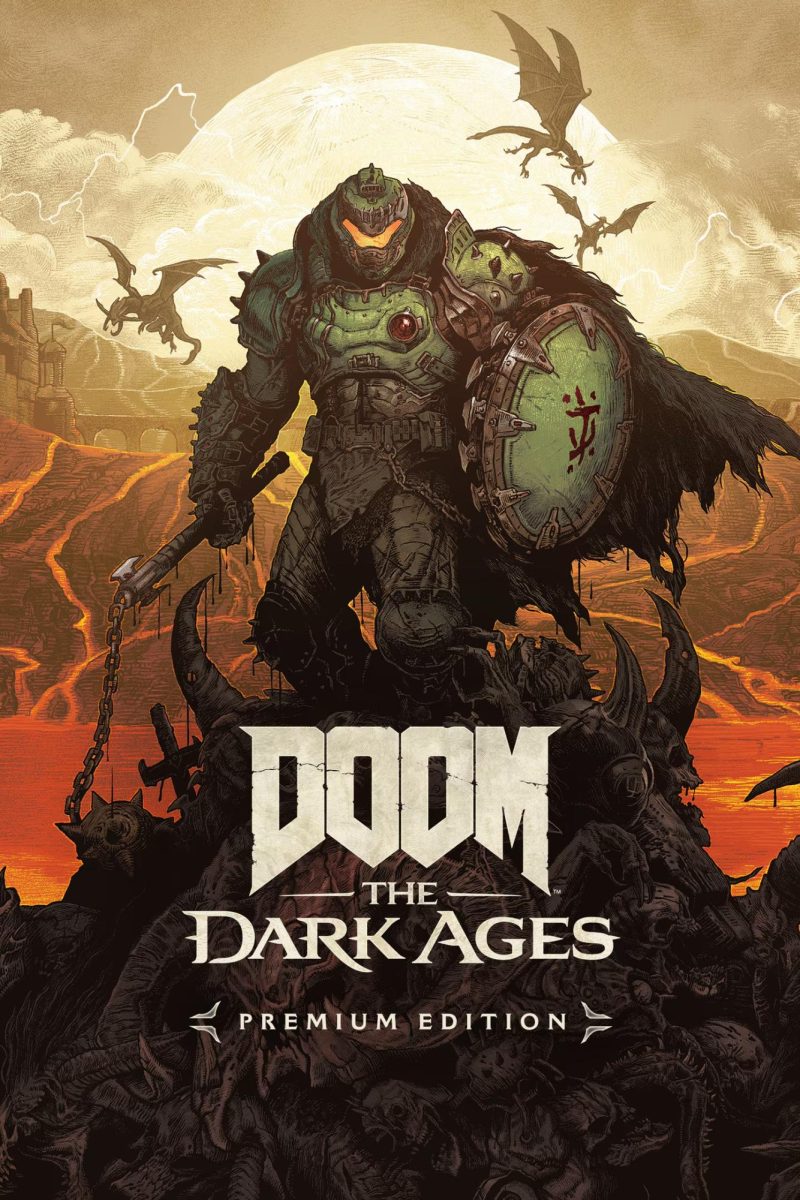Have you ever stopped to consider that maybe you are wrong?
Of course you have, you are human. Humans make mistakes.
Have you ever stopped to consider that science is more human than robotic? That the science isn’t definitive? Science is to humans as the birth of Athena is to Zeus.
The science that has defined this world is, after all, created by humans.
Are we so arrogant as to imply that what we know now isn’t palpable? Scientists have become too arrogant and need to take a step back.
Science has always existed in some form or another. Humans have always been curious and have conducted small experiments throughout time that have propelled us forward. And oftentimes the science was either wrong or extremely lacking. I do not mean to imply that our current science is incorrect or that the earth is flat, but to make a point of how lacking our science still could be.
I consider myself to be a woman of science. I believe in the certainty of studies and that conspiracies are the mumbo jumbo of people that can not accept a blatant reality and must blame the great events of this world on a larger operation. However, I had a shift in how I view the science I trust so wholeheartedly this past Winter Break.
I was at the Puyallup Public Library and browsing for something new to read. One book was sitting lazily on the incorrect shelf, but I picked it up and found something very interesting: Evolutions: Fifteen Myths That Explain Our World by Oren Harmen. I’ve always been a fan of mythology and all things theological, so I checked out the book. To my surprise, the stories inside weren’t fiction. Harmen had spun modern day discoveries into stories that mirrored myths of ancient people. Harmen did this seeking to prove that mythology is intimately related to science, as science explains the “how,” but mythology tries to describe the “why.” The book was very dense, and forced me to think much deeper than I planned to over winter break. Nonetheless, I finished the book because it showed me that science is simply incomplete.
From quantum physics to photosynthesis, we have gained earthly and unearthly knowledge through our own inventions and the advent of technology. Yet, how certain can we be? So many great thinkers before us were certain as well. Aristotle was certain that, biologically, beings were individualistic in how they grow and develop. This thought preceded the discovery of DNA, which proved Aristotle was correct. As brought to my attention by Harmen, Aristotle was also certain that females had colder blood and more teeth than males. Why Aristotle never asked his wife Pythias if she could open her mouth so he could count her teeth, I do not know.
In 2014, Cosmos: A Spacetime Odyssey was released as an updated rendition to Carl Segan’s groundbreaking original docu-series. The 2014 rendition featuring Neil deGarsse Tyson introduced something to me years ago that has stuck to the back of my mind. The Cosmic Calendar, as it was called, featured a standard western year. This calendar, deGrasse Tyson explains, “…begins on Jan. 1, with the birth of our universe. It contains everything that has happened since then up to now. Which on this calendar, is midnight on Dec. 31. On this scale, every month represents about a billion years.” Sometime in March, the sun formed. A few weeks ago in early December, the earth was pulverised by asteroids and the moon formed. Then, miraculously, humans appeared. All of known human history began at 11:59 and 46 seconds on Dec 31. All of human history, every rise and fall of an empire, every great mind and miracle worker to exist, has existed in 14 seconds of this Cosmic Calendar.
If humans have only existed for such a small amount of time, then we have no right to dismiss the scientific theories of the past as ridiculous fiction, and assume our knowledge is unwavering fact. There are so many more ideas to discover and we have only began to unravel the inner workings of the universe. Science has become very conceited. We do not have all the answers and we must not pretend to.
If we defy the Malthusians and truly live past climate change and potential wars to come, then some day our era will be looked upon as we see the Ancient Greeks and Arabs.
Naive, ridiculous, unsuspecting, yet hopeful.
As the brilliant physicist Sir Isaac Newton so wisely said, “I seem to have been only like a boy playing on the seashore, and diverting myself in now and then finding a smoother pebble or a prettier shell than ordinary, whilst the great ocean of truth lay all undiscovered before me.”







